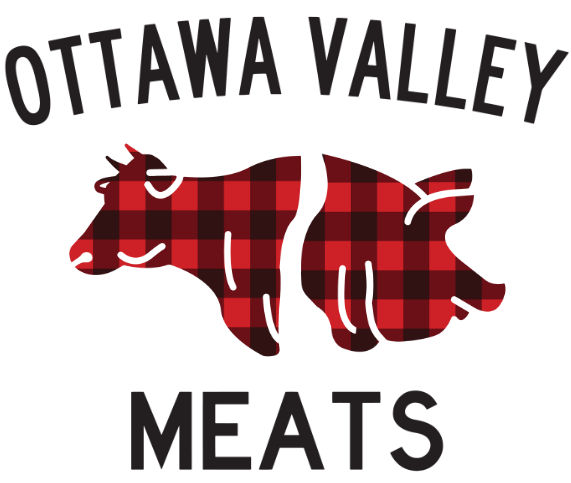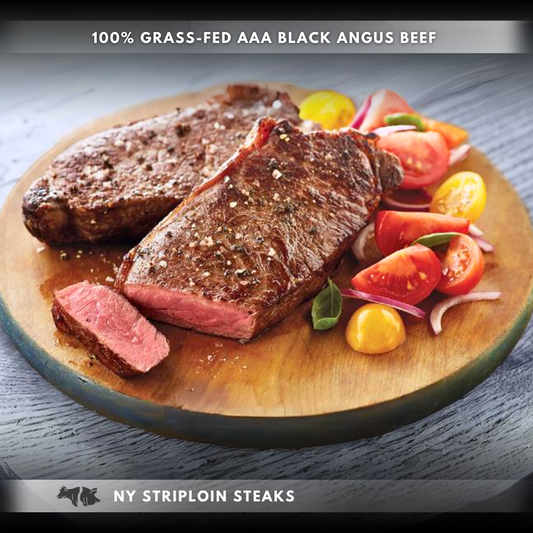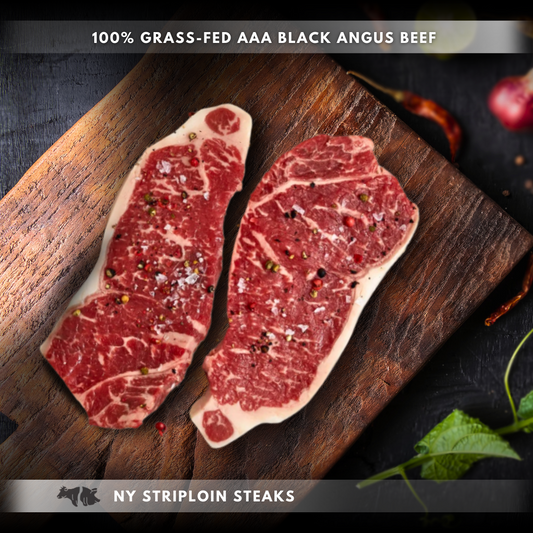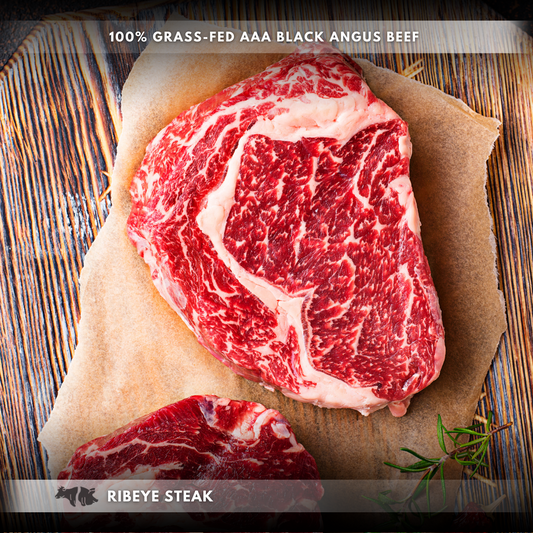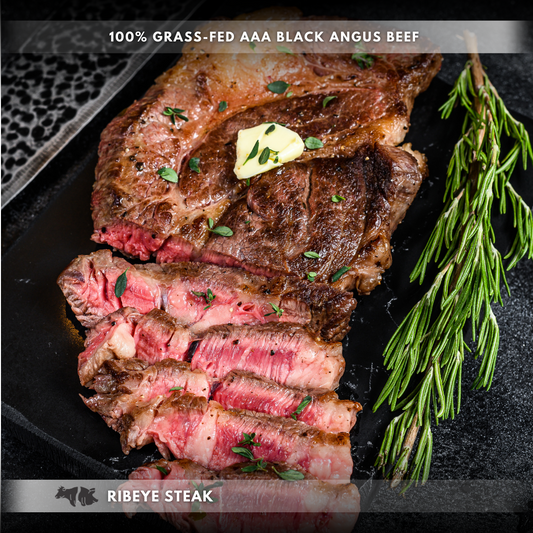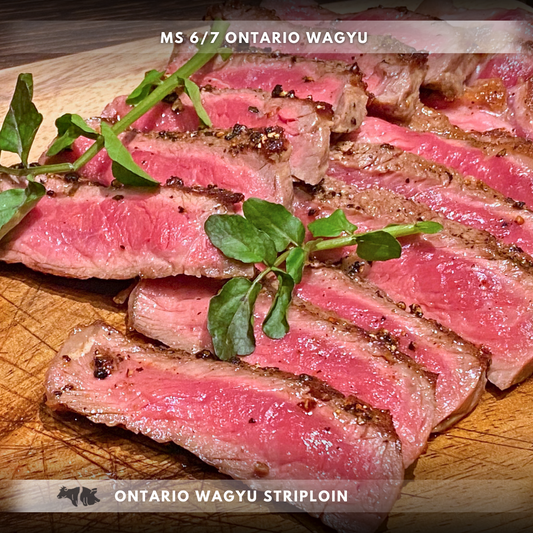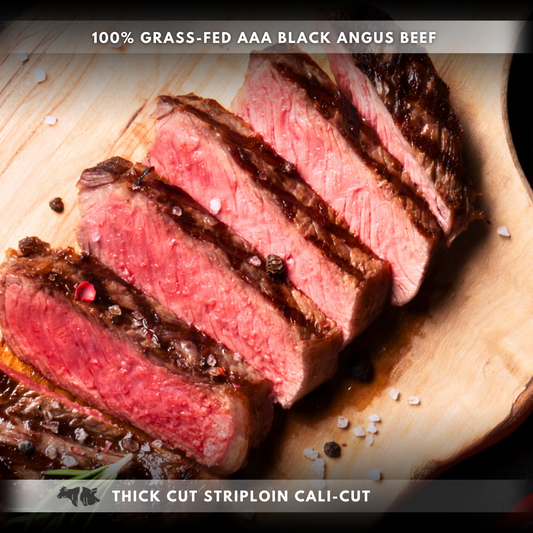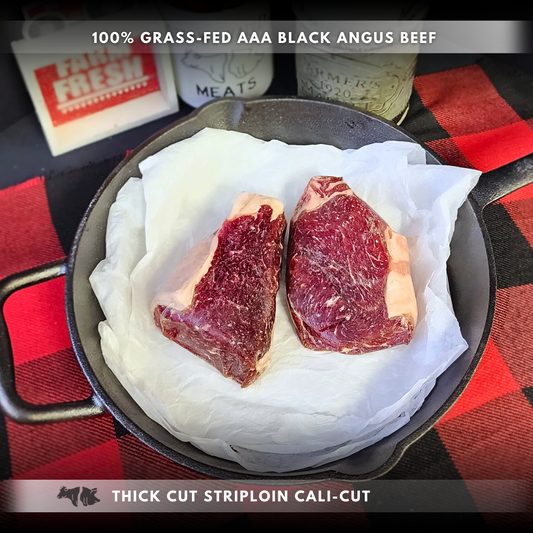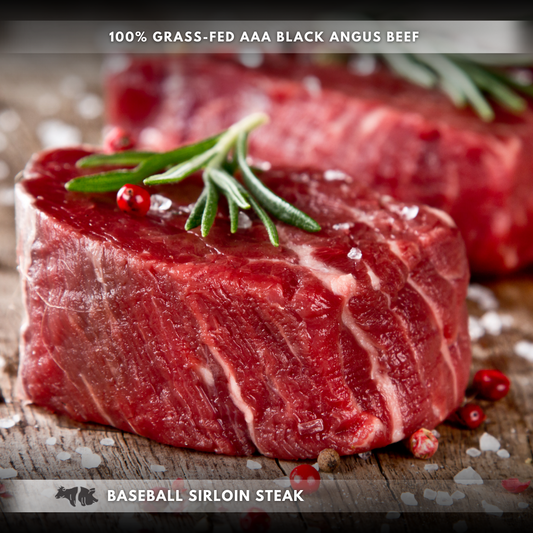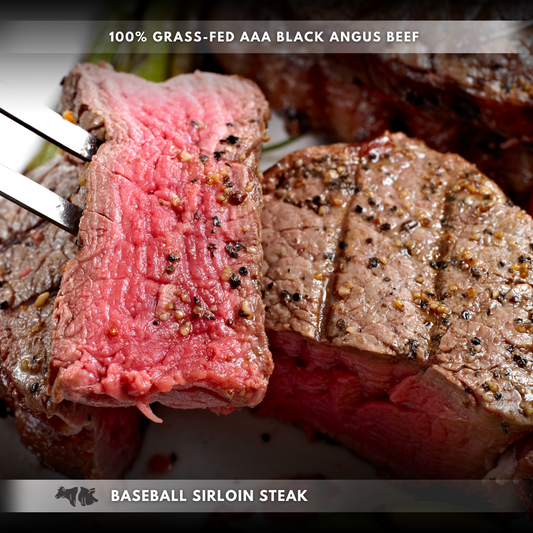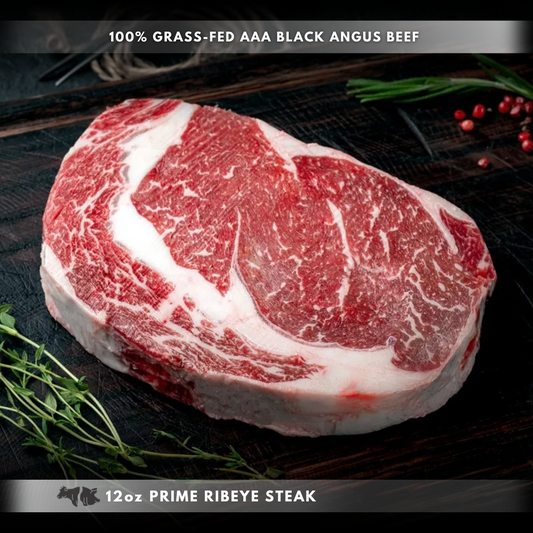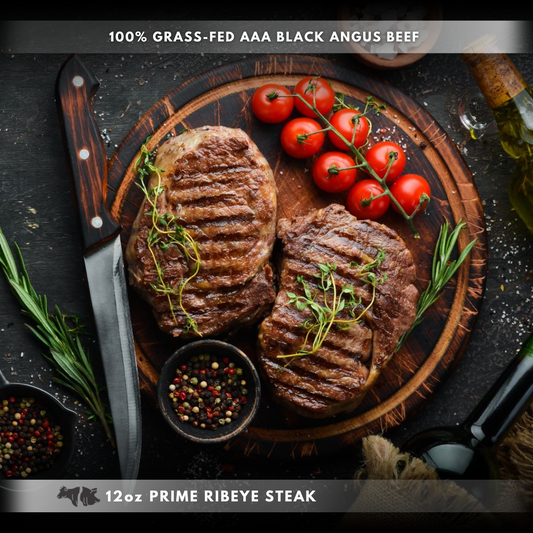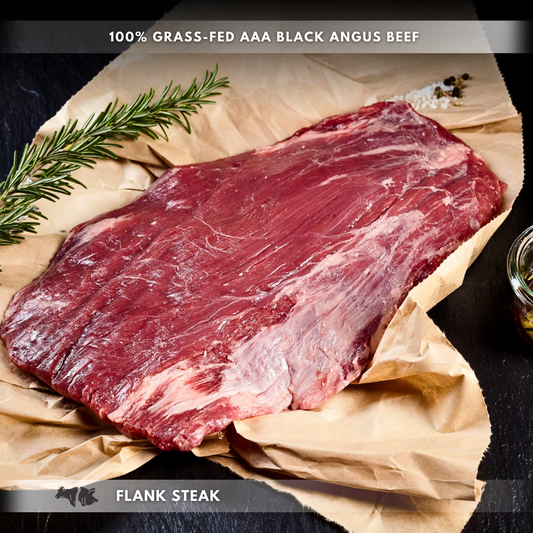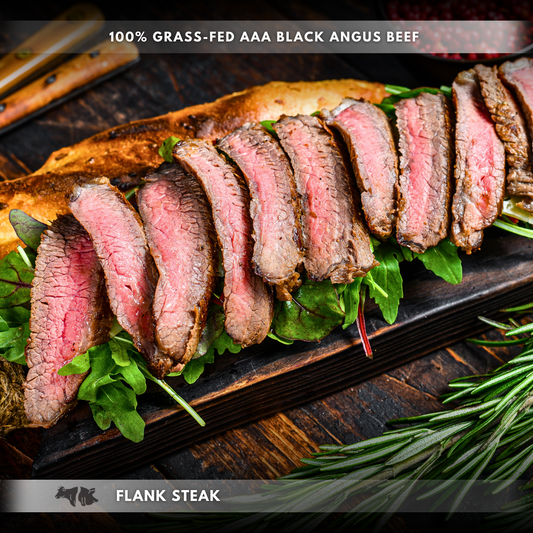The Benefits Of Dry Age Beef
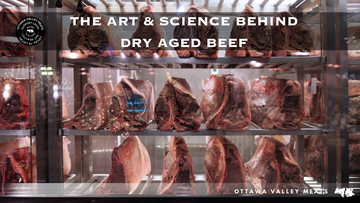
Dry aged beef is a delicacy that has been prized by meat lovers for centuries. In recent years, wet aged beef has become more popular due to its convenience and lower cost. However, dry aged beef still remains the superior choice for discerning palates. In this blog post, we will explore the reasons why dry aged beef is better than wet aged.
Firstly, dry aged beef has a more intense and complex flavor profile than wet aged beef. During the dry aging process, enzymes in the meat break down muscle fibers and connective tissue, resulting in a more tender and flavorful product. The moisture content in the beef also decreases, which concentrates the flavors and creates a rich, nutty taste. On the other hand, wet aged beef is typically less flavorful and has a milder taste due to the lack of moisture loss.
Secondly, dry aged beef has a firmer texture than wet aged beef. The dry aging process causes the beef to lose moisture, which results in a more concentrated and dense texture. This texture is preferred by many meat lovers because it provides a more satisfying and chewy experience. In contrast, wet aged beef can be more tender but can lack the satisfying bite that dry aged beef provides.
Thirdly, dry aged beef is healthier than wet aged beef. The dry aging process naturally reduces the amount of bacteria on the surface of the meat, which reduces the risk of foodborne illness. Additionally, the moisture loss during dry aging reduces the weight of the beef, which means that it has a higher concentration of protein and other nutrients. Wet aged beef, on the other hand, can contain more bacteria due to the moisture-rich environment it is aged in.
Lastly, dry aged beef is a testament to the art and craftsmanship of butchers. The process of dry aging requires careful monitoring of temperature and humidity, as well as an expert eye to determine the optimal time for aging. This attention to detail and skill is what sets dry aged beef apart from wet aged beef, which can be mass-produced and lacks the artisanal touch.
In conclusion, dry aged beef is better than wet aged beef due to its superior flavor, texture, health benefits, and artisanal quality. While wet aged beef may be more convenient and cost-effective, dry aged beef is the choice for those who truly appreciate the beauty and complexity of fine meat.

